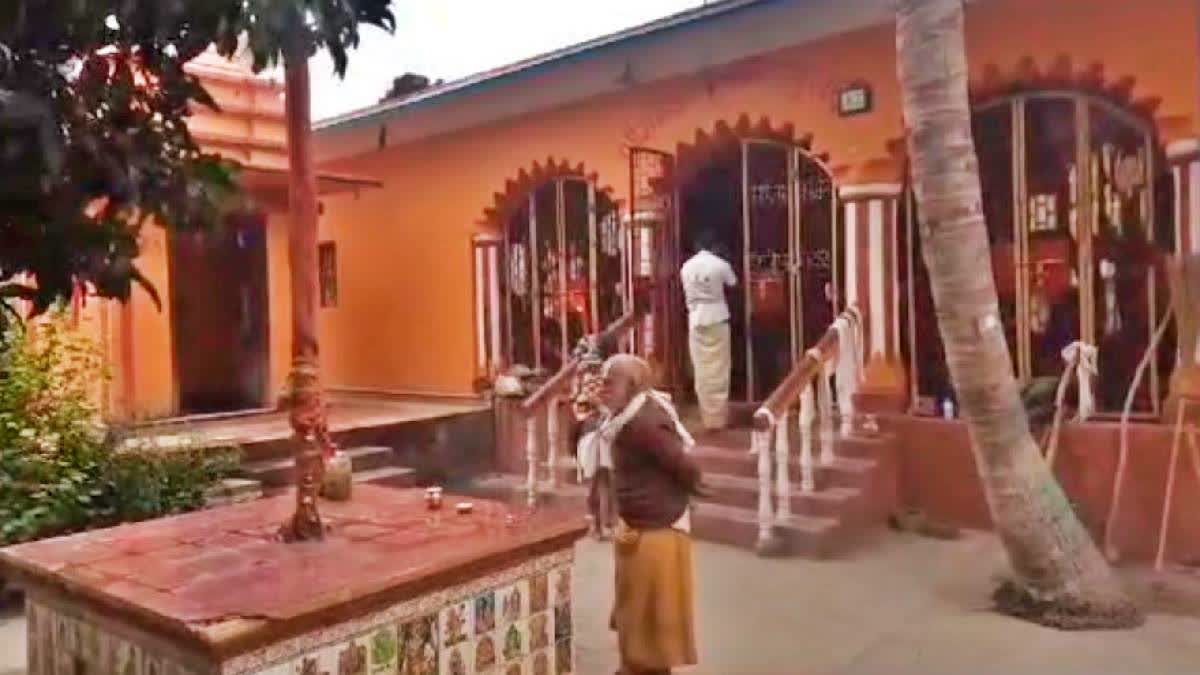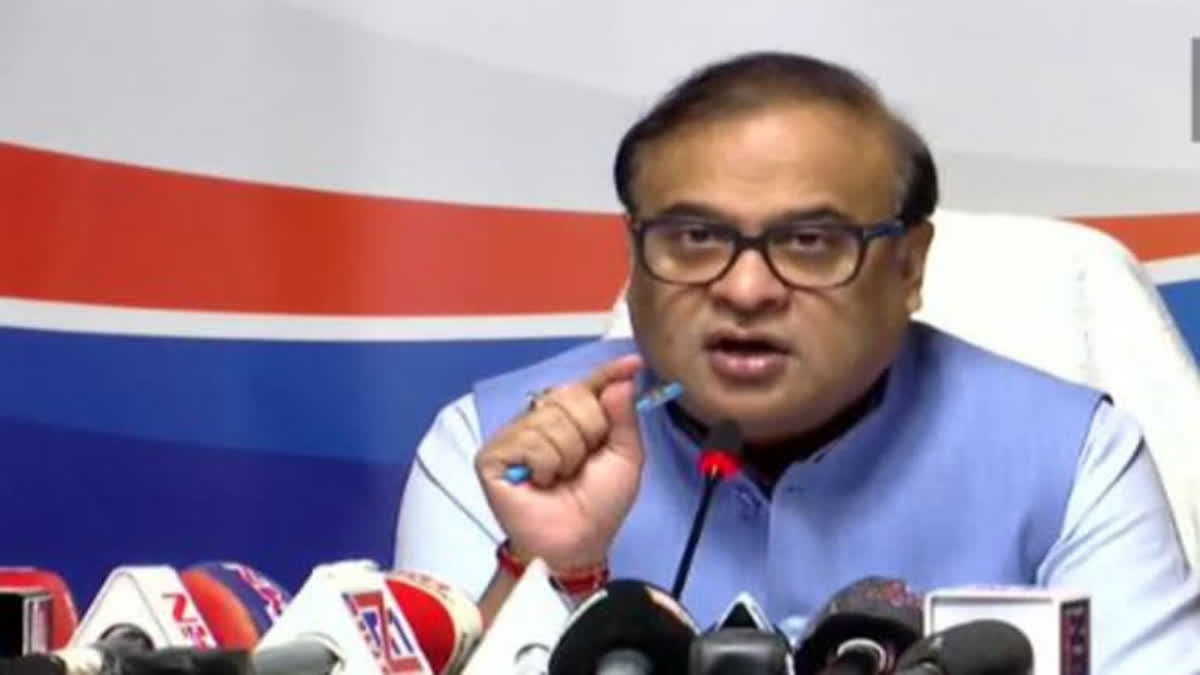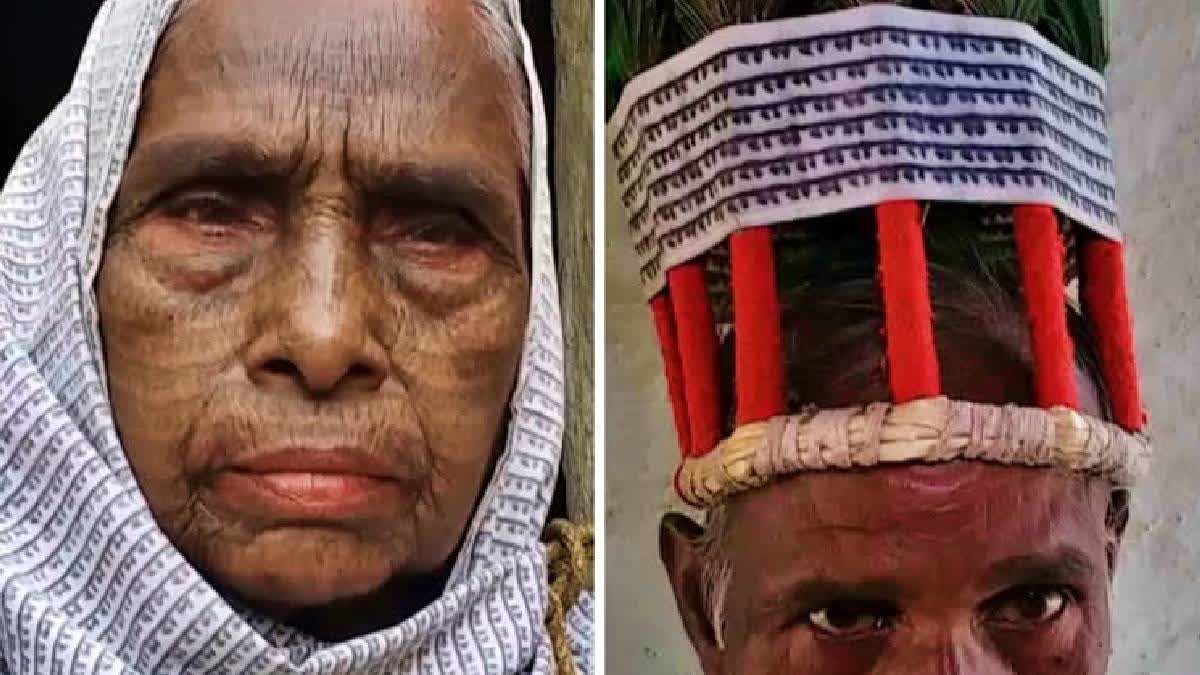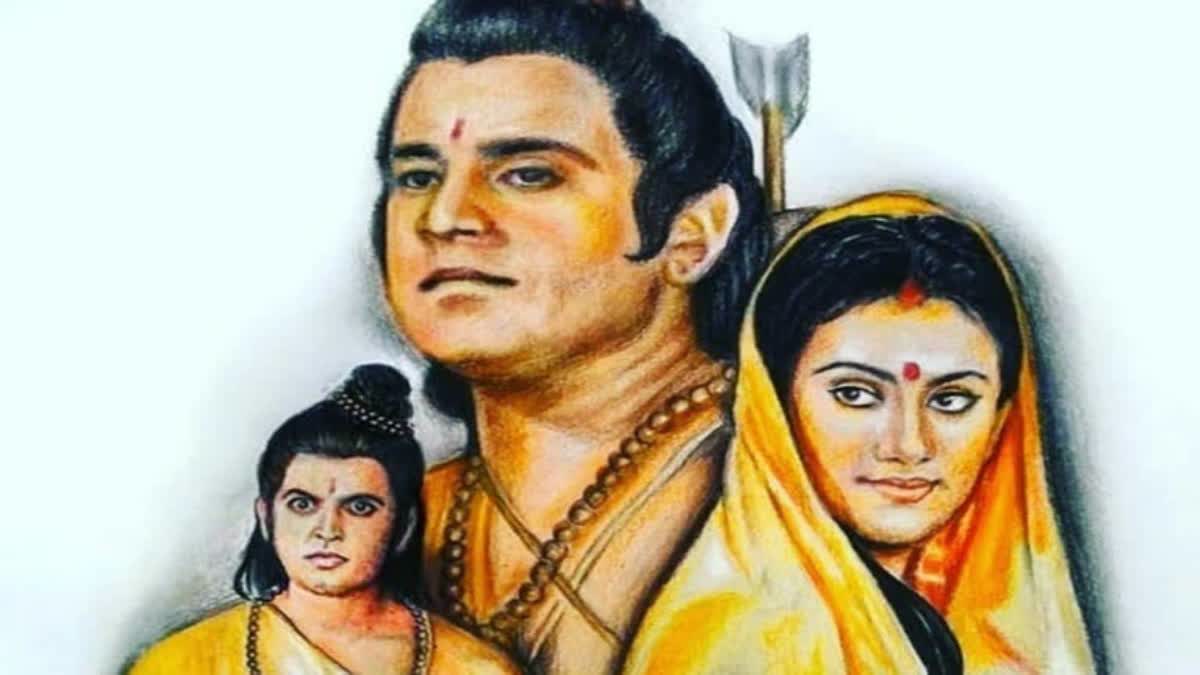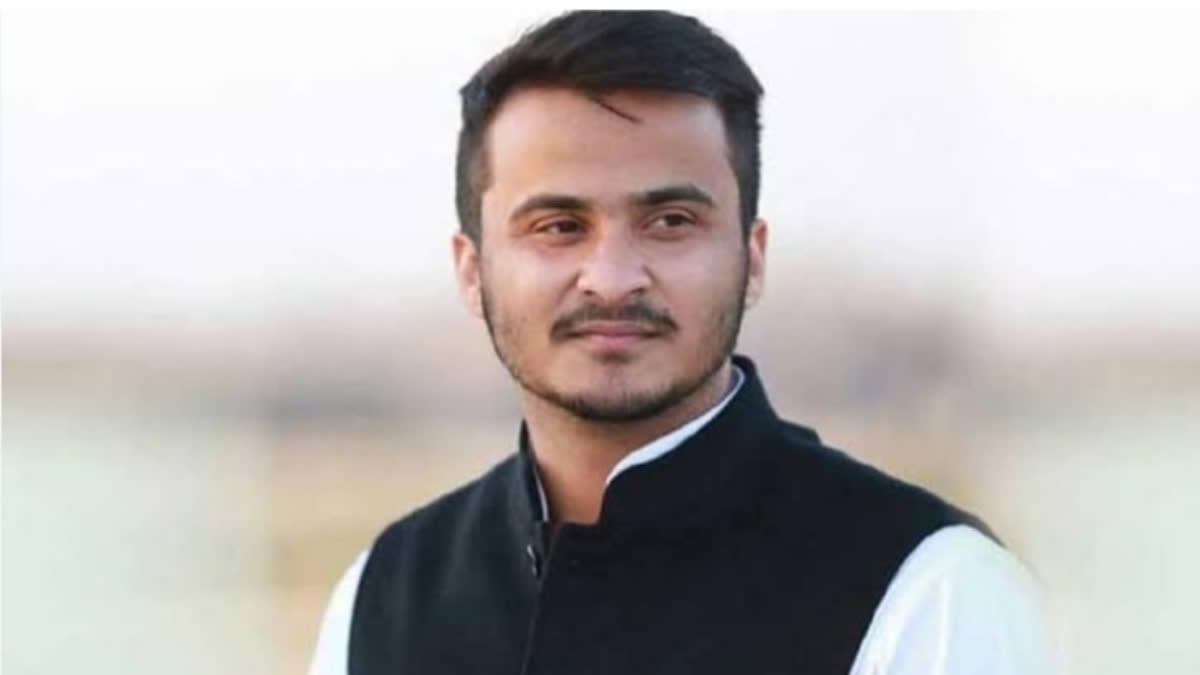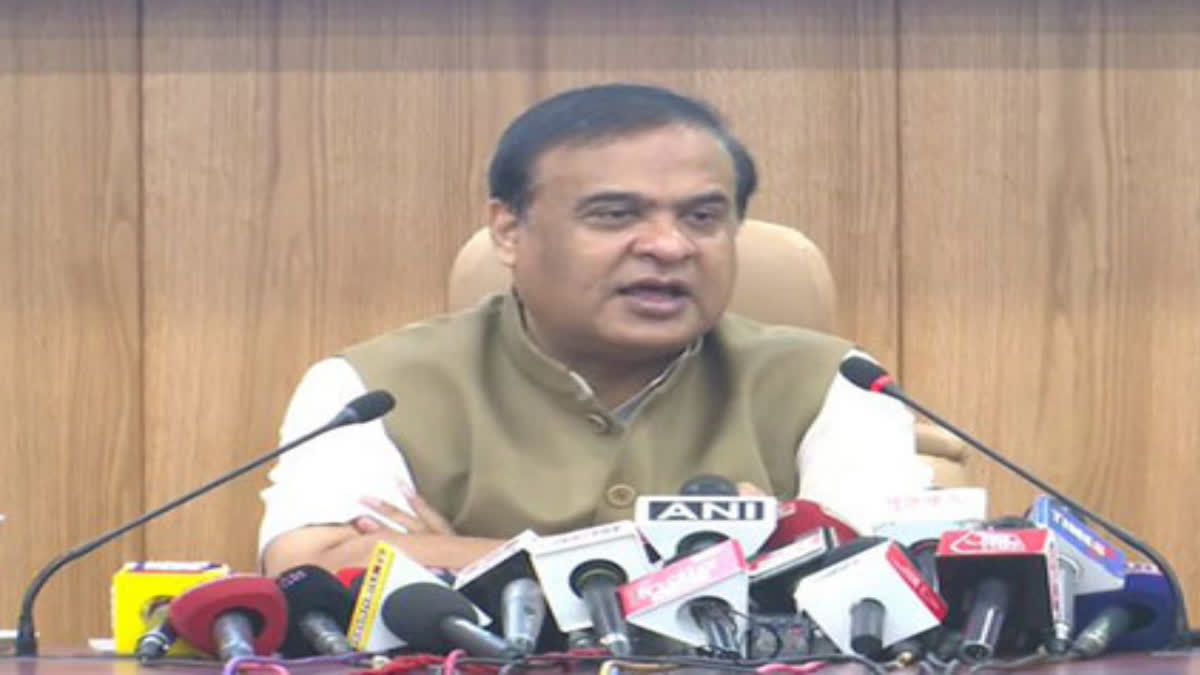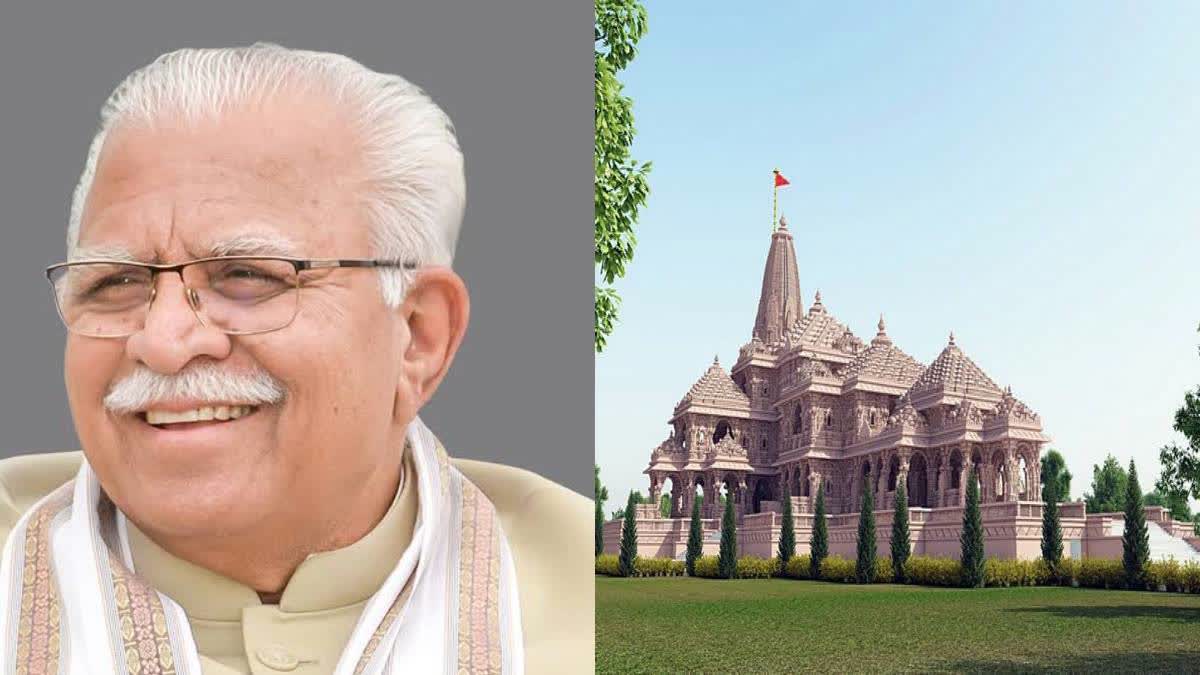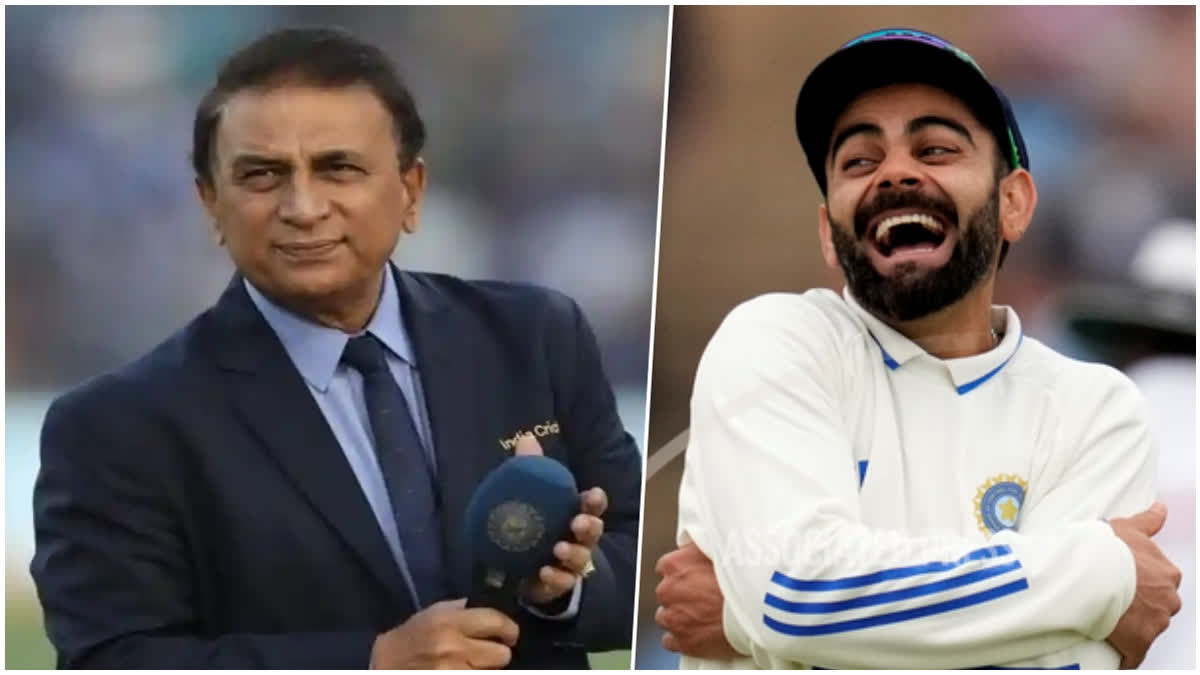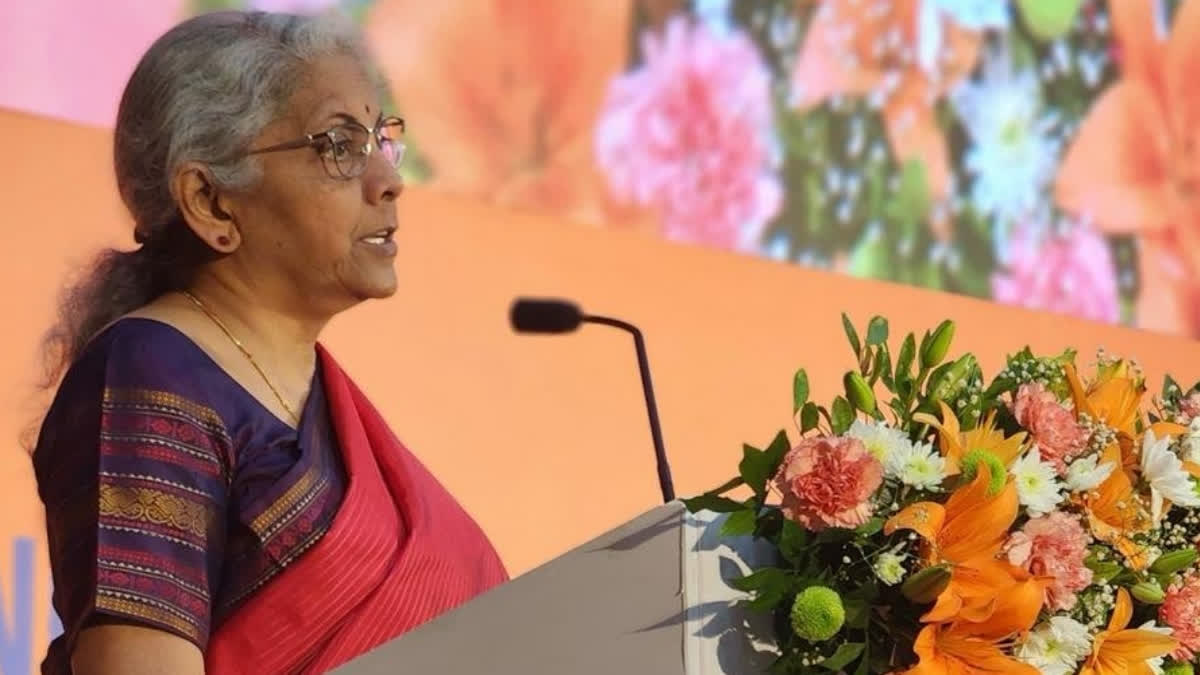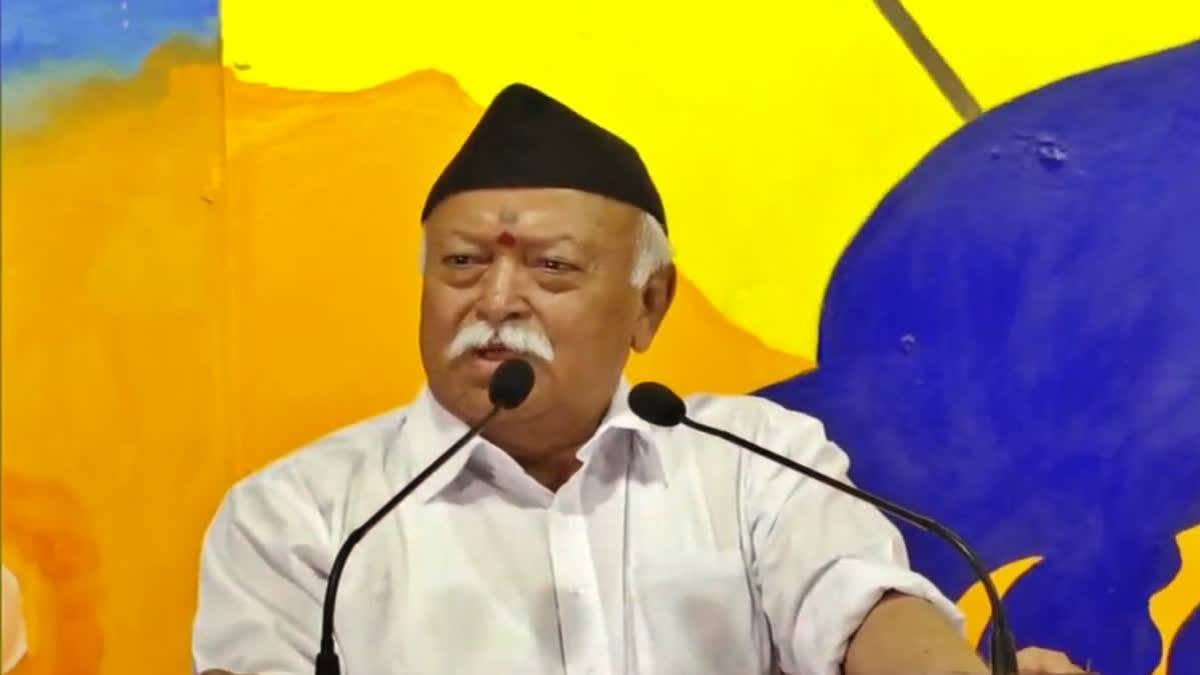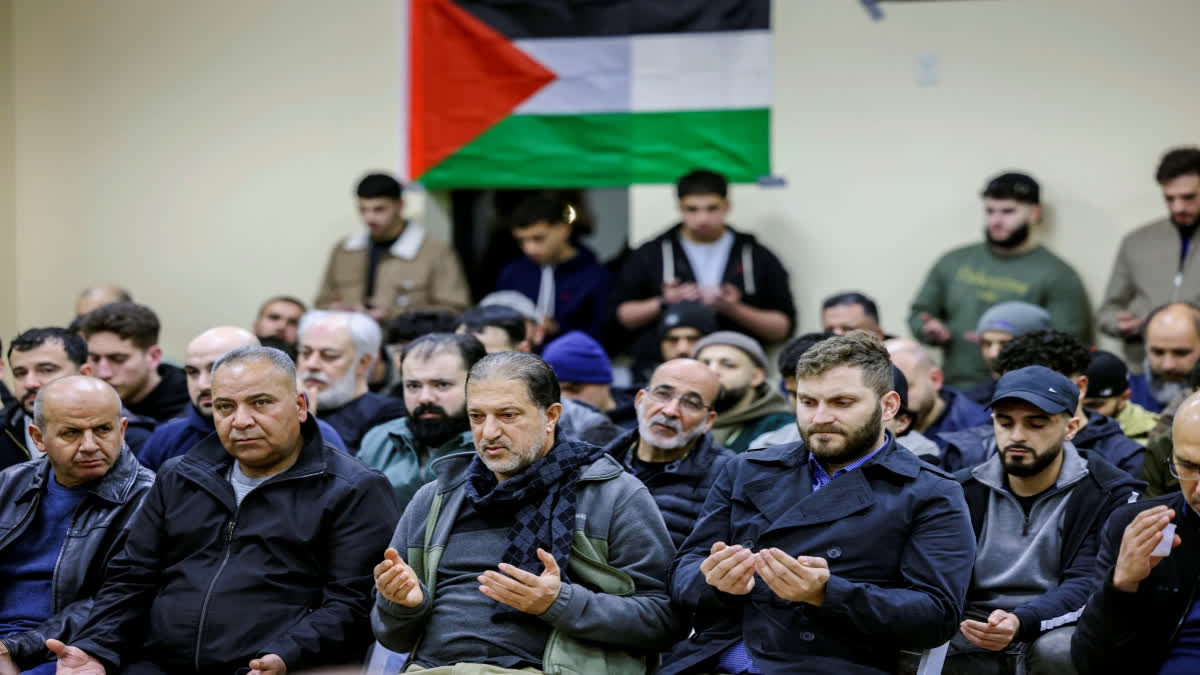New Delhi: The Supreme Court has said children of void or voidable marriages of a common ancestor would have to be considered as legitimate while declaring that they would be entitled to a valid share in the property. A bench comprising Justices M M Sundresh and S V N Bhatti said it is axiomatic that the shares fluctuate not only with the happening of events in the family but also with the circumstances established by the parties. The apex court made the remarks during the hearing of the case involving one Muthuswamy, who died in 1982 and was claimed to have married thrice. “In the present case, the claim as a coparcenary is unacceptable for want of evidence on the factum of the marriage of Muthusamy Gounder with Appellant No. 2 (Chinnammal) and Respondent No. 2 (Ramayee); the courts below ought to have considered the relief from admitted circumstances on record”, said the bench. The bench rejected as untenable an argument of Subramani (respondent no. 3), one son of Ammasi Ammal (respondent no. 4), legally wedded wife of Muthusamy Gounder that the status of Raja Gounder and others as the children of Muthusamy (deceased) was without evidence. “Hence, the argument of Respondent No. 3 that the status of Appellant Nos. 1 (Raja Gounder) and 3 (Gangammal); and Respondent No. 1 (M. Sengodan) as the children of Muthusamy Gounder is without evidence is untenable and rejected accordingly”, it added, in a judgment delivered on January 19. The bench said it is of the view that the statement in Ex. B-6, a registered mortgage deed dated November 1, 1976, executed by Muthusamy Gounder in favour of Karuppana Gounder, is a clear admission of Muthusamy Gounder as to how he treated appellant No. 1, respondent No. 1 and respondent No. 3 as his sons. The bench said that respondent No. 3 is claiming through Muthusamy Gounder, the common predecessor in interest; therefore, the admission is binding on respondent No. 3 as well. “Hence, by treating Appellant Nos. 1 and 3 and Respondent Nos. 1 and 3 as successors in the interest of Muthusamy Gounder, the shares are worked out. Once the status of the parties, other than Respondent No. 3, is established as the extended family of the propositus, irrespective of whether the marriages of Appellant No. 2 and Respondent No. 2 with Muthusamy Gounder are void or voidable, denying the children of Muthusamy Gounder a share in the property of notional partitioned in favour of Muthusamy Gounder, is unsustainable in law and fact”, said the bench. It added that appellant No. 3 claims to be the daughter of Muthusamy Gounder, and the law, as applicable to the separate share of Muthusamy Gounder, grants an equal share to the daughter along with the sons of Muthusamy Gounder. The apex court set aside the judgments by the Madras High Court. The trial court and the high court had rejected the suit filed by the sons of other women for partition of suit property. The apex court allowed a preliminary decree of partition for the plaint schedule properties and allotted an equal share to children in the notionally partitioned share of Muthusamy Gounder. The apex court, against the backdrop evidence brought on record by the appellants, said once the common ancestor has considered the children born of void and voidable marriage as his legitimate children, then such children would be entitled to the same share as that of children born out of a valid marriage. Read More None
Popular Tags:
Share This Post:
Ram temple consecration ceremony: VIPs to be served 'mahaprasad'
- by Sarkai Info
- January 21, 2024


Australian Open: Novak Djokovic equals Federer's record, beats Mannarino in three straight sets
January 21, 2024What’s New
Spotlight
Today’s Hot
-
- January 21, 2024
-
- January 21, 2024
-
- January 21, 2024
Ramnamis have Lord Ram's name written on their faces, bodies
- By Sarkai Info
- January 21, 2024
Featured News
Latest From This Week
Sunil Gavaskar backs 'Virat Ball' to counter England's 'Bazball' in five-Test series
ENGLISH
- by Sarkai Info
- January 21, 2024
Ram Mandir: TN govt dismisses Sitharaman's claim on 'barring' special worship in state temples
ENGLISH
- by Sarkai Info
- January 21, 2024
Nyay Yatra: Cong alleges attack on Ramesh's car, media persons in Assam's Sonitpur
ENGLISH
- by Sarkai Info
- January 21, 2024
Subscribe To Our Newsletter
No spam, notifications only about new products, updates.

